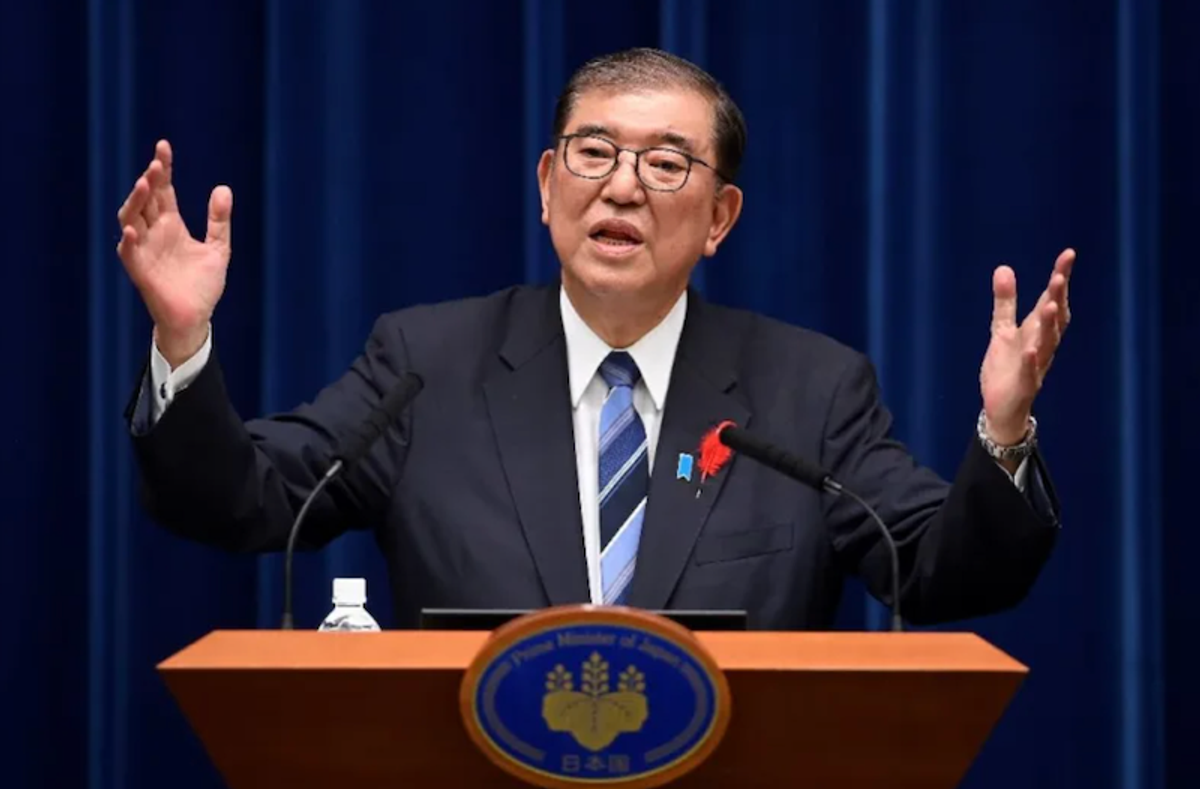Washington (AFP) – President Joe Biden said Thursday he will issue a formal apology for the treatment of Native American children who were forcibly removed from their families by the US government and put into an abusive boarding school system.
For over 150 years, the schools sought to forcibly assimilate Native Americans, with a recent government report detailing numerous cases of physical, mental and sexual abuse, as well as the deaths of over 950 children.
"I'm heading to do something that should have been done a long time ago," the president said as he left the White House. "To make a formal apology to the Indian nations for the way we treated their children for so many years."
Biden is scheduled to make the official apology Friday on a visit to the Gila River Indian Reservation in Arizona, one of the states with the highest Native American populations in the country and a key battleground in the US election.
The boarding schools, which were run by the US government, were in operation from the early 19th century until the 1970s.
The report found at least 973 children died at these schools, many of which were far from their original homes.
Secretary of the Interior Deb Haaland, the first Native American cabinet secretary in US history, was a major force behind the investigation that produced the report.

The Native American boarding schools run by the US government -- such as this one in Genoa, Nebraska -- were in operation from the early 19th century until the 1970s © Stacy Revere / GETTY IMAGES NORTH AMERICA/AFP
"For more than a century, tens of thousands of Indigenous children as young as four years old, were taken from their families and communities and forced into boarding schools," Haaland told reporters. "This includes my own family."
"For decades, this terrible chapter was hidden from our history books," she continued. "But now our administration's work will ensure that no one will ever forget."
The apology follows formal declarations in Canada, where thousands of children died at similar boarding schools, and other countries around the world where historic abuses of Indigenous populations are increasingly being recognized.
In a statement, the White House said the apology was being issued in order to "remember and teach our full history, even when it is painful."
"That the president is taking that step tomorrow is so historic, I'm not sure I could adequately put its impact into words," Haaland said.
Biden's visit to Arizona, a state he narrowly won in 2020, comes in the midst of an extremely close presidential campaign between Vice President Kamala Harris and Republican former president Donald Trump.
© 2024 AFP
"For more than a century, tens of thousands of Indigenous children as young as four years old, were taken from their families and communities and forced into boarding schools," Haaland told reporters. "This includes my own family."
"For decades, this terrible chapter was hidden from our history books," she continued. "But now our administration's work will ensure that no one will ever forget."
The apology follows formal declarations in Canada, where thousands of children died at similar boarding schools, and other countries around the world where historic abuses of Indigenous populations are increasingly being recognized.
In a statement, the White House said the apology was being issued in order to "remember and teach our full history, even when it is painful."
"That the president is taking that step tomorrow is so historic, I'm not sure I could adequately put its impact into words," Haaland said.
Biden's visit to Arizona, a state he narrowly won in 2020, comes in the midst of an extremely close presidential campaign between Vice President Kamala Harris and Republican former president Donald Trump.
© 2024 AFP









 Yelizaveta (R) was diagnosed with depression, post-traumatic stress and eating disorders © FOCKE STRANGMANN / AFP
Yelizaveta (R) was diagnosed with depression, post-traumatic stress and eating disorders © FOCKE STRANGMANN / AFP






